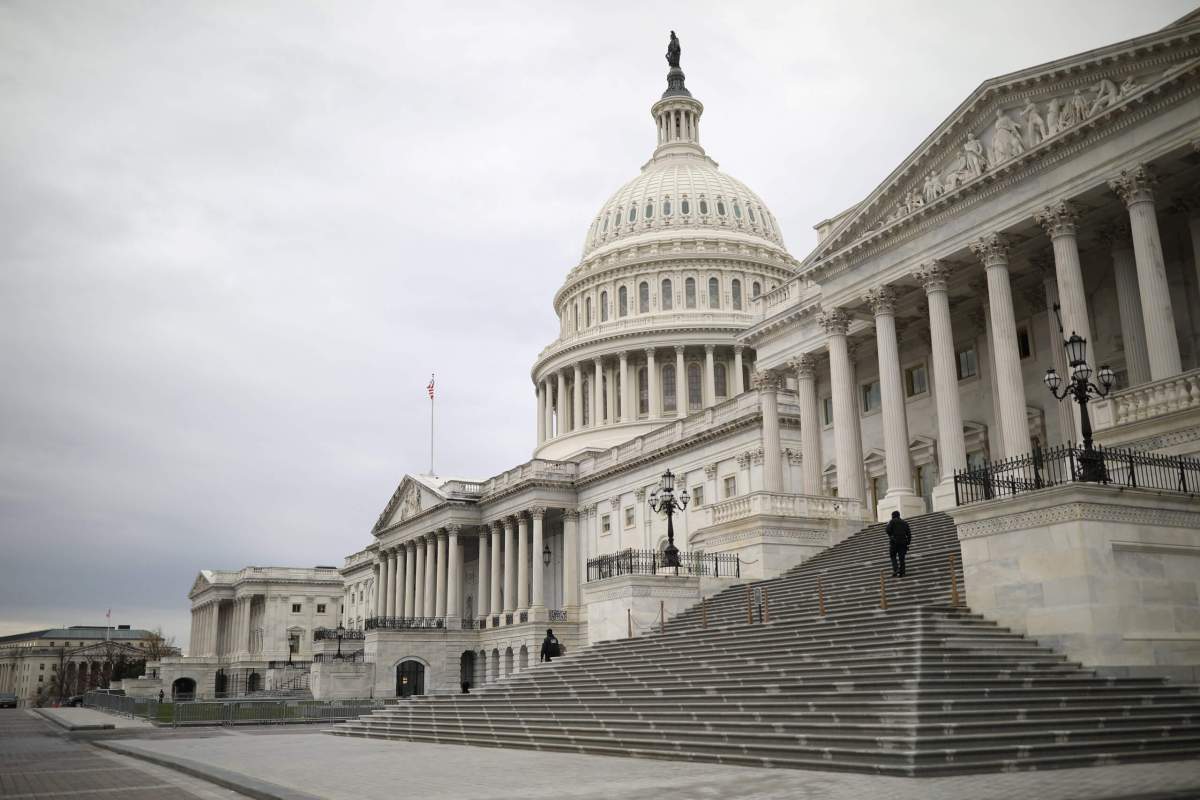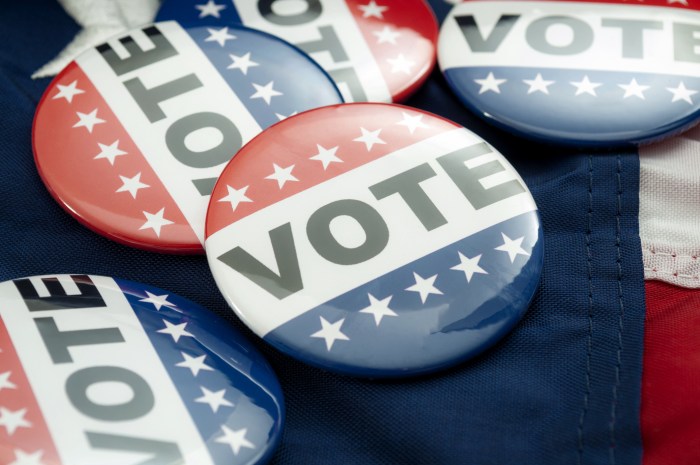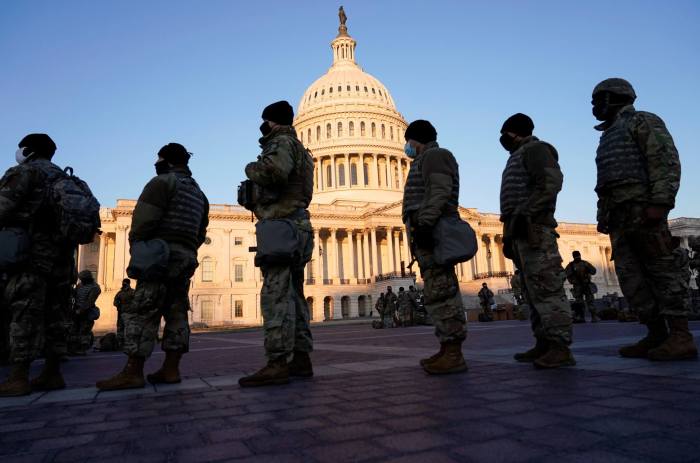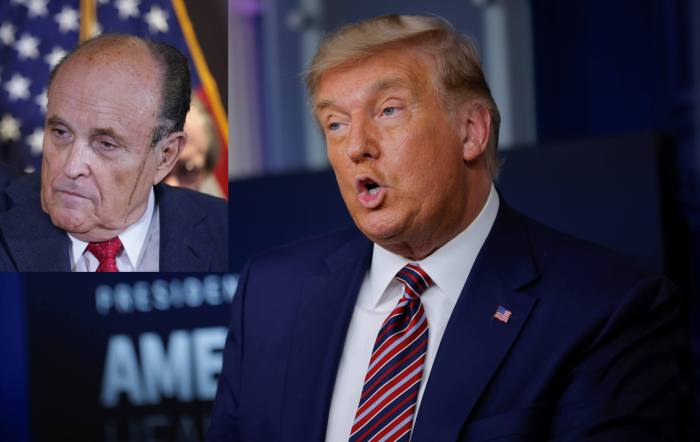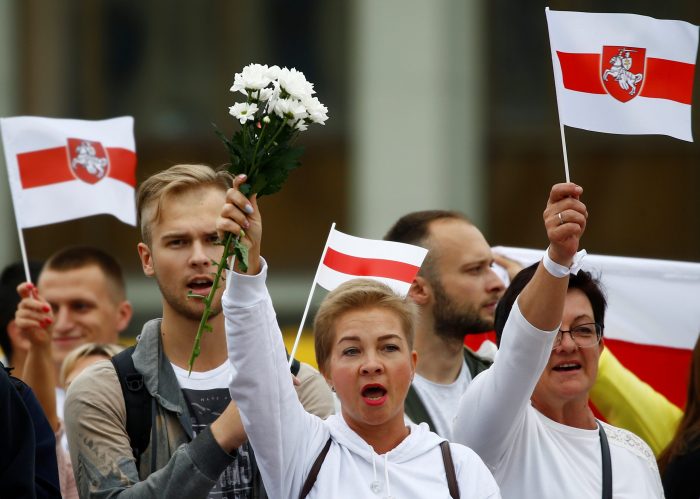Following the insurrection at the Capitol on Jan. 6 and a particularly vicious partisan campaign against U. S. government institutions, there is an invigorated discussion about the meaning and instruments of democracy. Many ask, why do we create roadblocks to voting? Why are our political divisions so severe? Why do so many people feel alienated? Why aren’t people better informed about our history, about government function and traditions?
Twenty years ago, the scholar Robert Putnam argued in Bowling Alone that United States society had experienced a large decline in social cohesiveness. He cited research showing that the individuals born before 1930 who had experienced the Great Depression and World War II were more trusting and community-minded than the generations that attained adulthood during the years of Vietnam, Watergate, and a general coarsening of popular culture. With this decline in trust and civic engagement, he found a diminished commitment to the needs and welfare of those beyond immediate family members, friends, and neighbors.
In the 1830s, the French journalist Alexis de Toqueville visited the United States to study the values critical to a constitutional republic. In his analysis, he focused on those he considered especially important: liberty and egalitarianism. He believed that equality was the great political and social idea of his era, and that the United States offered the most advanced example of equality in action.
He admired American individualism but warned that too much emphasis on individual liberty over the common good of society could be a threat to democracy. He saw schools and education as essential to community and institution building.
Some of his premonitions have come to pass, with a substitution of nationalism for patriotism and falsehoods for facts as well as a demeaning of government for authoritarian ends. These divisions drive us further apart, pushing us into more and more narrow spaces, sometimes family living rooms and sometimes online chat rooms.
One of the consequences of this divisiveness is a sense of loneliness that has been labelled a public health crisis. It has been linked to shorter life spans, heart disease, obesity, and Alzheimer’s. Putnam and others have written that fewer of us join civic or community organizations, that we are less likely to attend religious services, and that we are prone to overworking.
An important cause of this decline in social cohesion is the rising rate of income inequality. Income inequality in turn is related to declining participation in voluntary associations and trust in others. It is a strike against the value placed on equality and the notion of a common good. Democracy requires community and community requires trust. Community is based on common interests, common values, and common aspirations for our neighbors as well as for ourselves. The common good is not supported when the focus is on the individual to the exclusion of other values. The saying, “It takes a community…” may be trite but it also true.
Trust requires commitment, competence, and consistency in communications. People will trust when the communication is honest and reliable. Trust is possible when leaders acknowledge failings in history and do not focus solely on the positive and poetic.
De Toqueville was prescient in his assessment of American society and his focus on equality as a great political and social ideal. It’s as if he was warning us that an unbridled emphasis on the individual would be a threat to equality and democracy.
It is unfortunate that the COVID pandemic has kept us isolated because the positive health results of social distancing may exacerbate the decline in social capital. Nevertheless, the first step to correcting any problem is to identify it. So, just as we consider how to open schools for the social and emotional health of children as well as their learning, let us think further. How might our community organizations, PTAs, chambers of commerce, Rotary, and others work to bridge the divides that separate us and bring us together in common cause for strengthening our democracy? In this quest, schools and institutions of higher education have important roles to play not only in the classroom but also in their support of voluntarism.
Fortunately, we have examples of initiatives in our area colleges and universities that sponsor community engagement involving faculty, staff, and students. These include Adelphi’s Jagger Community Fellows Program and its Prize for Leadership for high school juniors; Molloy’s Energia Partnership Program; Hofstra’s Center for Civic Engagement and its Saltzman Community Services Center; and St. Joseph College’s Center for Community Solutions.
With these and similar opportunities, we can encourage the role of the individual in supporting the common good, the strengthening of communities, and the building of social trust and cohesion so essential to democracy.



